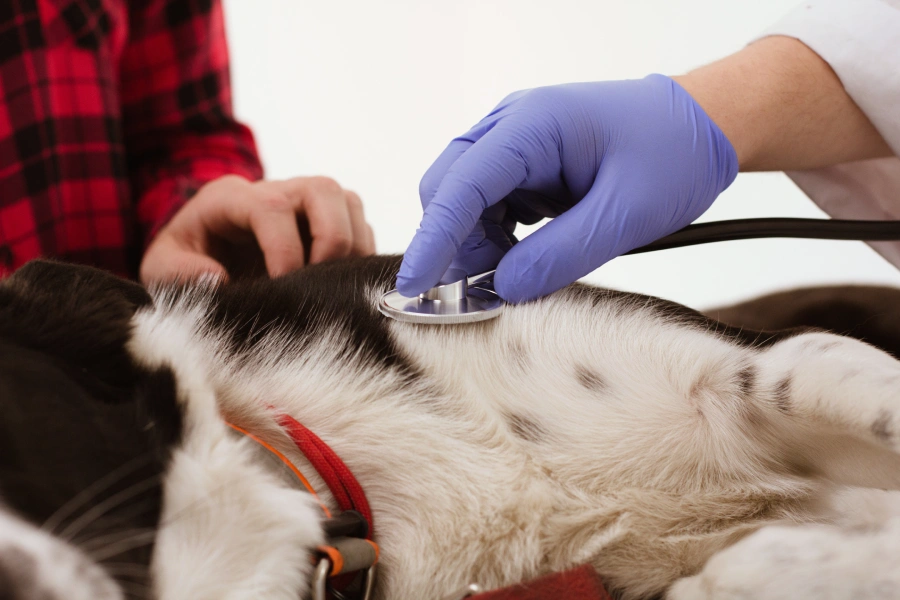
In Hong Kong the weather is hot and humid in the Summer, and this means that its easy for mild skin problems to become more serious. The case of having an itchy dog in Hong Kong is very common as the days warm up in the late Spring!
Skin conditions can be due to a multitude of different causes including the following common ones, as well as a lot of more uncommon ones.
Common Dog Skin conditions in Hong Kong:
Food allergy
Allergy: Atopy (allergy to environmental allergens)
Scabies mite
Demodex mite
Ticks and Fleas
Fungus (ringworm)
Yeast
Bacterial dermatitis.
Thyroid or Cortisol-hormone related factors
Allergy- more details:
A simplified explanation about atopy for dogs would be simply saying that it’s like Hay Fever and respiratory allergies in people- the pet inhales an airborne particle of dust or pollen- but instead of resulting in sneezing or sniffing, the dog gets itchy skin.
Normally skin conditions are complex and with the humidity in Hong Kong, the itchy dog in Hong Kong normally has an overgrowth of bacteria and yeast and even fungus complicating the perhaps underlying more simple allergies. This means that diagnosis is by a process of exclusion and that there are normally many tests to be done by veterinarians to rule out problems first, and sometimes these need to be repeated.
Atopy Treatment:
There are 4 main common oral treatments for environmental allergy.
1) mild supplementation with Fatty acids and anti-histamines to suppress the itch sensation. Fatty acids are specific types of polyunsaturated fats. Two main classes of fatty acids important to the health of your dog are the omega-3s and the omega-6s.
EPA and DHA are in Omega 3, and DGLA (in Omega 6) decrease the harmful effects of another fatty acid in skin inflammation, called Arachidonic acid. The effects are mild but do seem to have some effect.
Antihistamines are similar to what tablets you might take after some insect bites on holiday, for example. Again they are not very potent/ strong, but side effects are minimal so they are normally considered very safe.
2) steroids:
Steroids like prednisolone tend to very effective in stopping the itch but are well known to have side effects like increased thirst and more potent side effects if abused at higher levels for longer term.
3) Cyclosporine (Atopica, Atopex, etc):
Cyclosporine is a modulator of the immune response, it’s pretty effective after about a month of time on the medication, and does not have the unpleasant side effects that steroids could.
4) Apoquel (oclacitinib)
This is a very new medication just started production this year 2014.
We don’t have much experience with it yet and also there are some supply problems reported, although we do have good stock currently. Apoquel has few side effects. The most common side effects of Apoquel that could show up in a small percentage of patients would be vomiting, diarrhea, and excessive thirst. According to the Zeotis 2 year plus long-term study, Apoquel has not had any long term side effects. Apoquel has few contraindications. According to the suppliers data, It can be given in combination with most medications including non-steroidal anti inflammatories (NSAIDS) like Rimadyl and Metacam. Also it works quickly. In most cases, Apoquel relieves itching within 4 hours and controls it within 22 hours. But it can’t be used in dogs under 1 year of age and there still needs to be an investigation of WHY you have an itchy dog in Hong Kong, not just suppression with medications.
Actually, of course there is no one ‘magic medicine’ and what’s right for your pet maybe not right for another.
Feel free to contact Homevet for more information and always discuss medication and veterinary care with a professional rather than trying home remedies.






